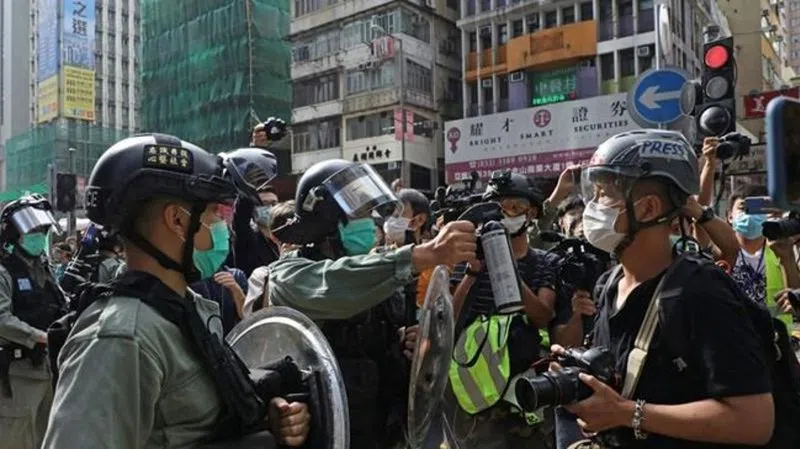
With quirks and restrictions, many states lift lockdowns
GRETNA, La. — More than a dozen states let restaurants, stores or other businesses reopen Friday in the biggest one-day push yet to get their economies up and running again, acting at their own speed and with their own quirks and restrictions to make sure the coronavirus doesn’t come storming back.
People in Louisiana could eat at restaurants again but had to sit outside at tables 10 feet (3 metres) apart with no waiter service. Maine residents could attend church services as long as they stayed in their cars. And a Nebraska mall reopened with plexiglass barriers and hand-sanitizing stations but few shoppers.
“I feel like I just got out of jail!” accountant Joy Palermo exclaimed as she sat down with a bacon-garnished bloody Mary at the Gretna Depot Cafe outside New Orleans.
Meanwhile, the first drug shown to help fight COVID-19 won emergency approval from the U.S. Food and Drug Administration. In a major study, remdesivir shortened patients’ recovery time from 15 days to 11 on average and may have also reduced deaths.


